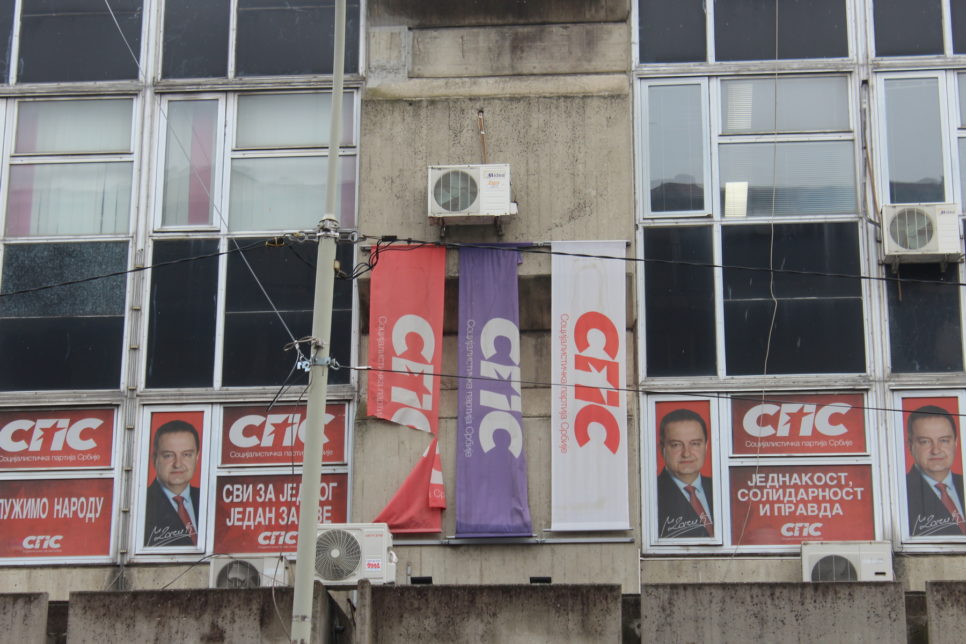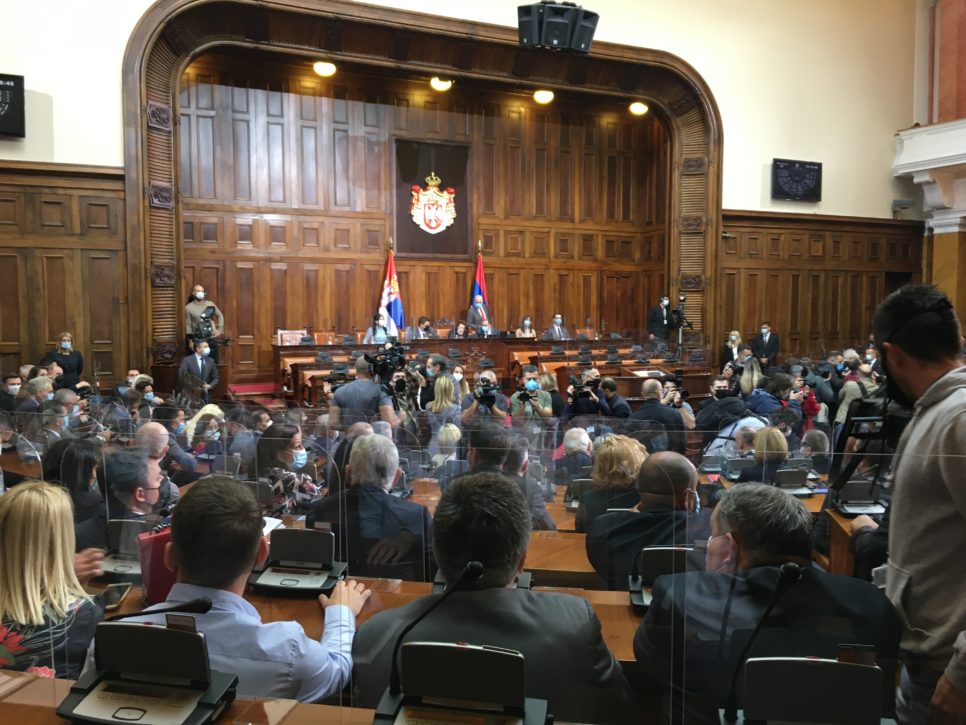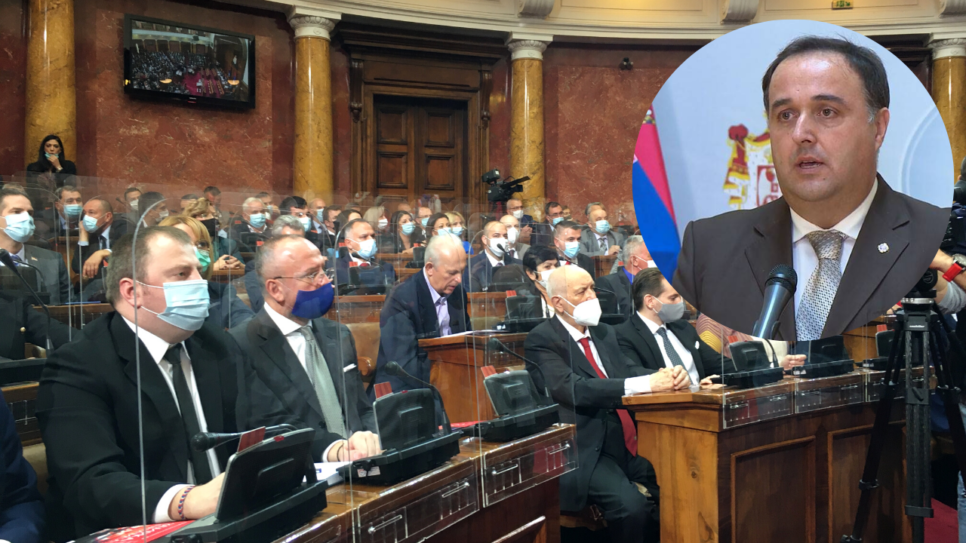In the middle of the coronavirus pandemic in late March, we received good news – everything we had asked for from the National Assembly of the Republic of Serbia, having waited for nearly seven months, arrived in 16 Excel tables and one e-mail. Well, almost everything. When we analyzed the data on payments to MPs from 2016 to this year, we discovered that the money National Assembly Speaker and official of the Serbian Progressive Party Maja Gojković had received was not included. We know that data exist, but the Assembly did not give them to us, because the documents we received unofficially from some MPs show that Maja Gojković, among other things, in 2016 received 300,000 dinars for accommodation and 1.2 million dinars through her monthly salaries, not counting bonuses.
We called the Assembly and reported that the data for the speaker were not there, but did not get an answer by the time this article was published. We will continue to ask for data on her expenses, and until then we are working on a database of all payments to other MPs, which we will publish on Monday, June 15.
Citizens will know how much each MP has received over the last four years for salaries, bonuses, business trips or for living in Belgrade. It will be unveiled who “cost” the most and why, and soon it will also be known which MPs abused these privileges. We will publicize the sums earned by ALL MPs, which party keeps the most money and how much inactive MPs get. We have also investigated whether there is abuse in the spending of money, yours and ours.
This information used to be publicly available in the annual parliamentary Information Booklet, however, since 2016 the data have not been published.
We requested the data back in September 2019. In line with the Law on Free Access to Information of Public Importance, we asked the Assembly for information on payments to MPs from 2016 to that time – regardless of what party they were close to or if they were independent MPs.
We know that MPs have the kind of privileges most other citizens do not – the Assembly pays for apartments, hotels or fuel expenses for those who are not from Belgrade to come to work. The Assembly uses citizens’ money to also pay for MPs’ business trips in the country and abroad and that is exactly why the way the money is spent is a topic of public interest.
As it is a matter of several tables, we were hoping for a quick reply. Instead, by the end of 2019 we received only data on salaries and MP bonuses, as well as a promise from the person answering requests that the other information would be sent, too.
However, what followed was silence. We dialed the phone to no avail, because we did not get an answer to the question of when we would receive the data.
The days turned into weeks of waiting, and then into months. After more than 200 calls to various telephone numbers in the parliament, in February 2020 we issued a new request and received the answer that the information would be delivered in 40 days. That means the data would arrive ahead of the election of new MPs (scheduled for April 26) and that the MP database we were planning would no longer be current. We asked the authorized individuals in the Assembly to give us any kind of data in the meantime – at least the expenses for one year, so that we could start working on the database. We also offered to come to the parliament to look at the data ourselves and take photographs of the ones we needed (and protect personal data).
That failed, so we tried another, partially altered request.
Since we were running out of options, we made sure to get that data directly from MPs.
Given that decisions on payments are made by the Committee on Administrative, Budgetary, Mandate and Immunity Issues, we hoped that some of the MPs who sit on this committee had information and believed it was important for citizens to have it, too. Some we asked did not have the requested data, others refused to help us, while some did not consider that to be a topic, but rather complained to us about the parliamentary restaurant. We managed to get data for 2016 and the first half of 2017 from several people from the opposition. We started working. The tables included Maja Gojković.
The official data from the Assembly arrived in late March and we focused on them. We worked hard and will present the results on our website on June 15.





What do you think